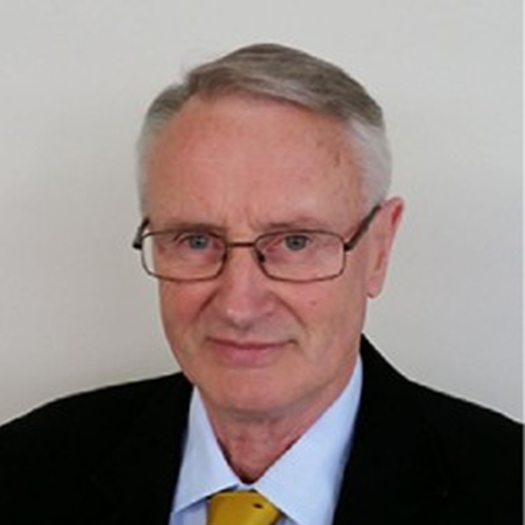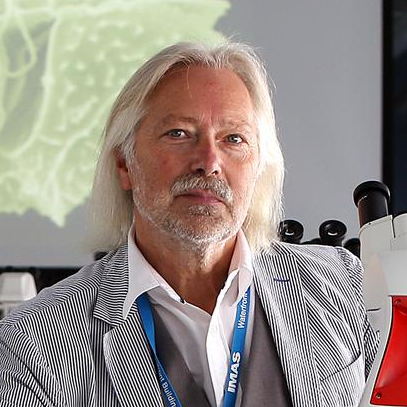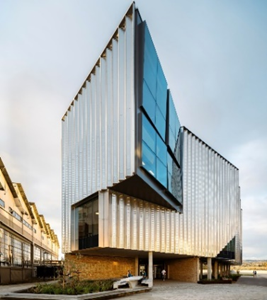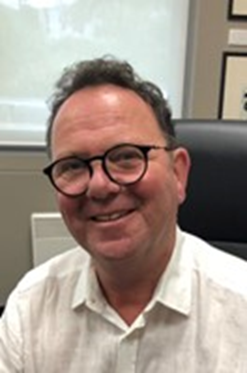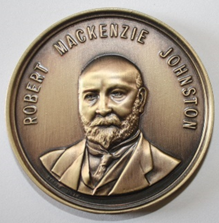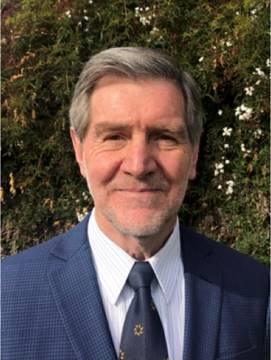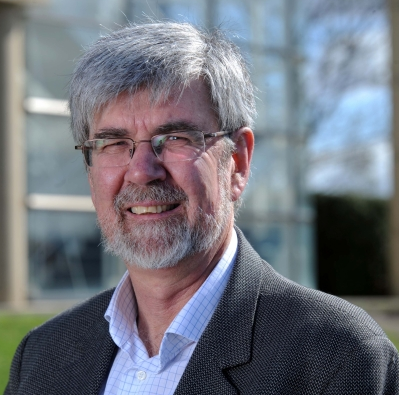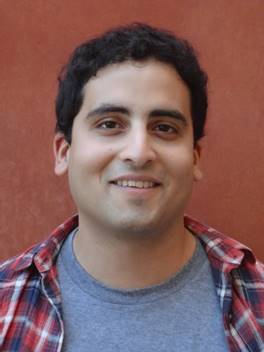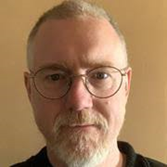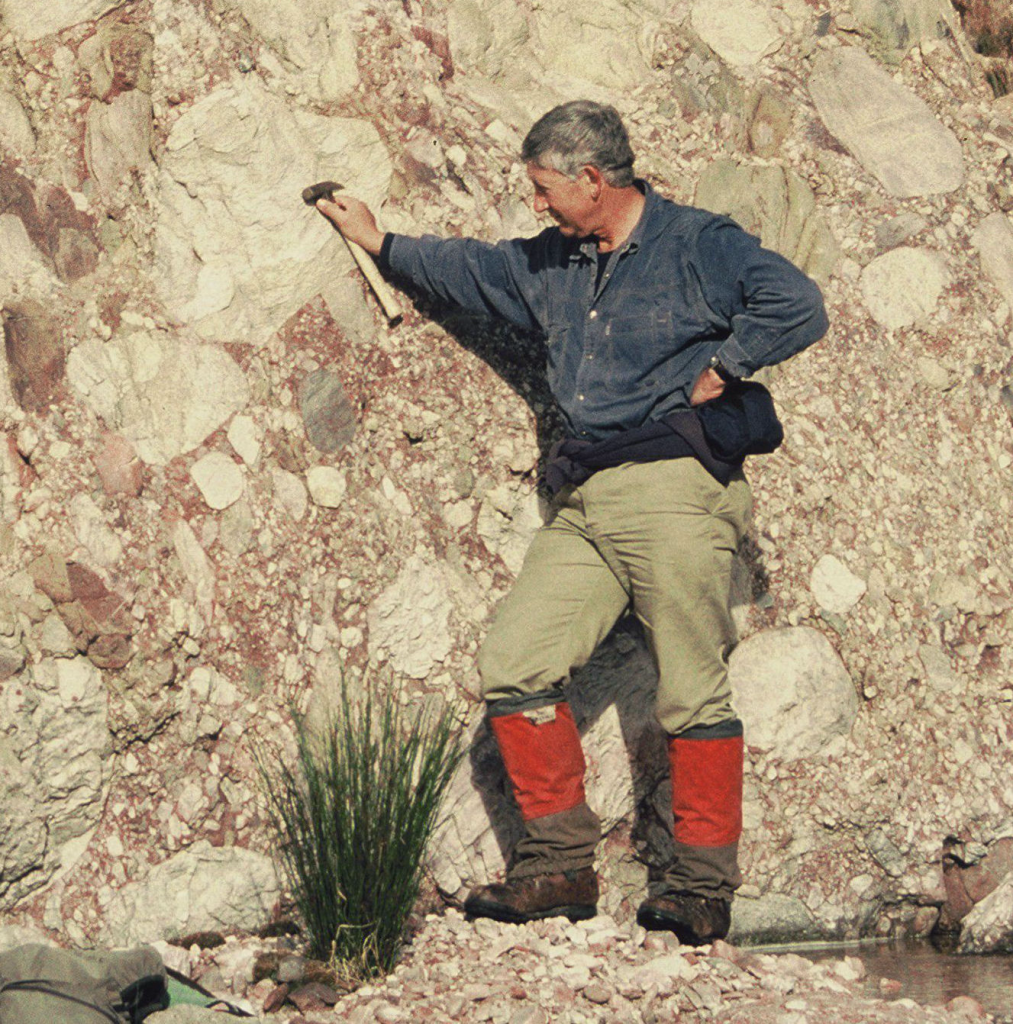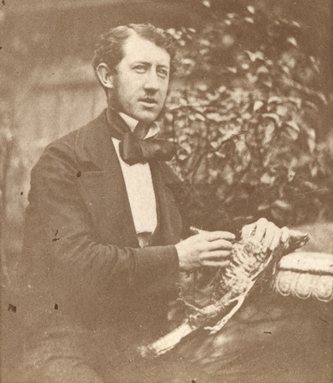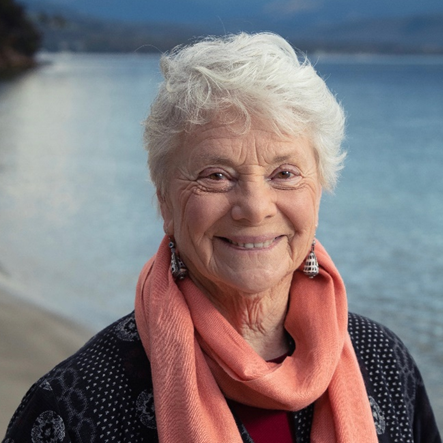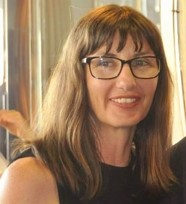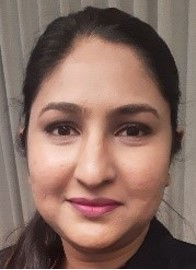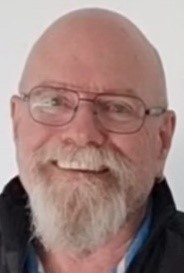The Northern Branch of The Royal Society of Tasmania invites you to our next lecture on Sunday 26 May 2024, in the Meeting Room, Queen Victoria Museum and Art Gallery (QVMAG) at Inveresk, Launceston.
The lecture is based on a growing concern from the use of plastic, increasing waste in our environment and the fear of toxicity to humans. We have two young presenters who are conducting doctoral research. Carmel Towns and Anyame Bawa Sadique will present. Carmel’s background is in land contamination, while Anyame specialises in water contamination. Together they will cover the pathways that may lead to food contamination from micro plastics.
All RST members, their guests, and the public are welcome.
Admission is free for RST members. Admission is $6 for the general public, admission is $4 for students, QVMAG or TMAG Friends, and members of the Launceston Historical Society.
Time: 1.30pm.
Where: Meeting Room, QVMAG at Inveresk.
A flyer suitable for printing can be downloaded here.
The presentation outlines microplastics as a growing concern stemming from plastic use. It highlights their presence in the food chain, water and soil and enduring environmental impact as well as uncertainties regarding toxicity to humans. Recommendations focus on research and mitigation to address this emerging contaminant effectively.
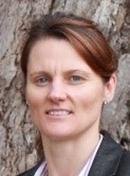
Carmel Towns is the holder of the Dr Joan Woodberry postgraduate fellowship in Engineering at the University of Tasmania. She has worked as an environmental consultant for 15 years, predominantly in contaminated land assessment. Prior to that she worked in local government for 14 years in NSW, Victoria and Tasmania. Her current research is in the areas of microplastics and pathways into the food chain.

Anyame Bawa Sadique has experience in stormwater, wastewater, and water treatment projects. His current research focusses on understanding microplastics contamination in Tasmanian soil via wastewater treatment plant biosolids application and developing mitigation technology.
Generously supported by

